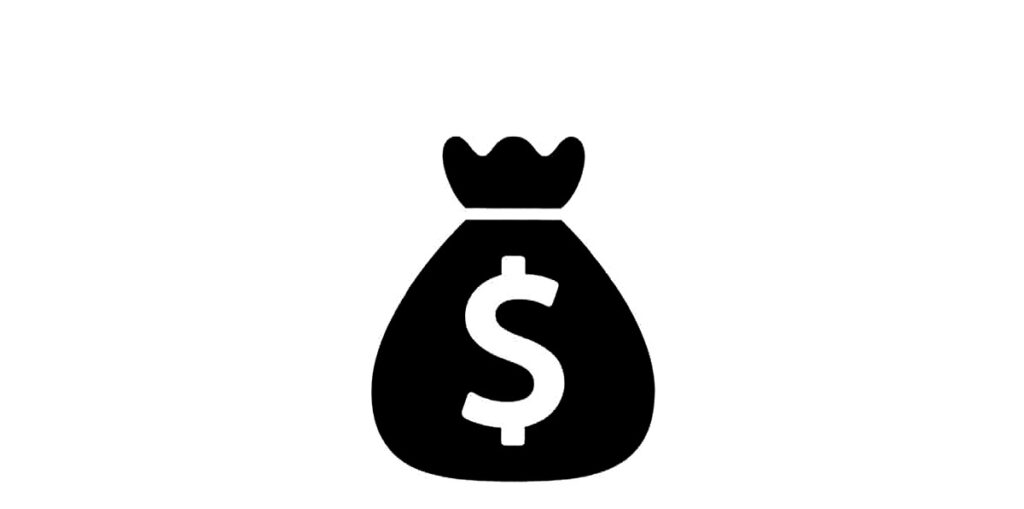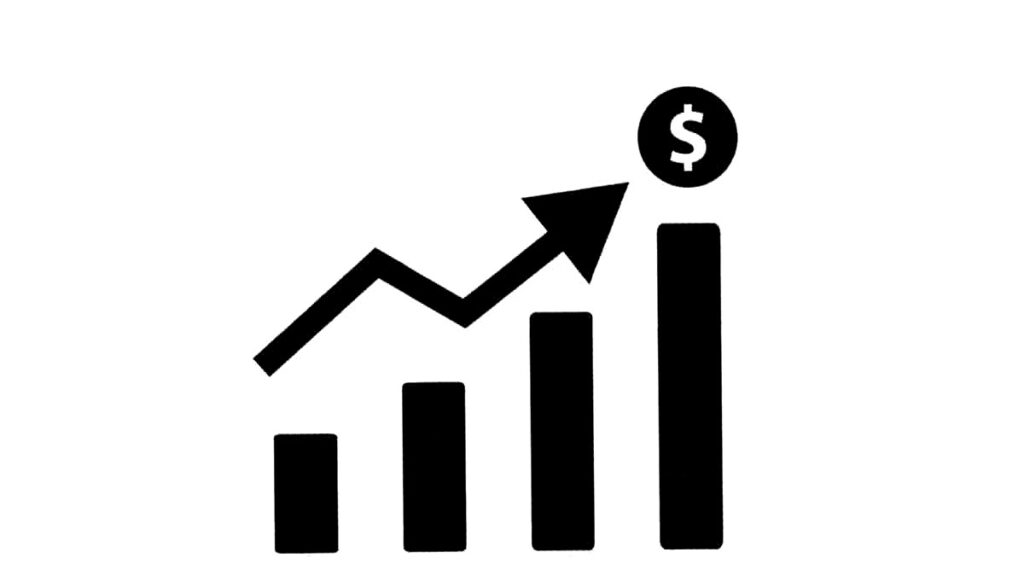12 Tips to Help You Succeed – Part One

Wollongong, NSW
It’s taken me 38 years in business to learn these 12 tips, most of them the hard way! You certainly don’t have to agree with all of them, but I hope that at least some of them help you.
Those of you who’ve been in the bike industry for at least eight years or more and who have good memories, may recall seeing a similar version of this article before.
That’s because I first wrote it for the final edition of Bicycling Trade magazine, that was published in July 2017. At the time, I didn’t realise that I wasn’t quite finished with bicycle trade media and that I’d be publishing The Latz Report for five years from 2019 until today.
But as I recently announced to all of our subscribers via a separate email, I’ve decided to put our small media business, including The Latz Report, on the market. If we don’t get someone to take over, we’ll be closing at Christmas, so this might be the third last newsletter.
Given that online articles tend to be shorter, I’ve broken this article into a three part series, with four tips per part. We’ll publish the first in October, the second in November and the third and final instalment in December, which may be the final newsletter that I’m publishing.
For those of you who have read this article before, I hope you might enjoy a refresher after over seven years. For those of you who haven’t, I hope you enjoy it!
Everyone’s Experiences are Different – These are Mine
I thought I should try to leave you with something of value that’s quite personal. Usually I try not to ‘editorialise’ in any article other than my opinion pieces. That is, I try to simply report the facts and to keep my personal opinions to myself. But this article is different.
None of the tips below are completely original. We’re all an amalgam of our life’s experiences. We learn from our parents, school mates, teachers, our business and life partners and many other sources along the way.
No two people have identical life experiences, so it’s unlikely anyone will fully agree with all my tips in this article! Please feel free to give your feedback.
One final caveat before we get started. I am not a qualified financial advisor. Please do not follow any of the advice that I give in this article without seeking independent advice from an appropriately qualified professional.

1. Always be Eager to Learn
Let’s start with a story.
Way back in the 1980’s I came back from a season racing for a team in France, more than a little disillusioned with all the drug taking I saw. I soon got married, had kids on the way and for the first time in my life needed to seriously think of a career choice other than trying to become a professional cyclist.
I found myself as a ‘base grade clerk’ in the Australian public service, sitting next to a gentleman who’d had a very interesting life. ‘Bill’, as I’ll call him for his privacy, had escaped early family tragedy by joining the Australian Army and spending time in Asia where he became an interpreter.
Upon return to Australia, he worked his way up through the ranks to become a store manager for Woolworths, then advanced to shopping centre management, before mental health issues saw him unable to work for a long period. Then he started back at the bottom, sitting right next to me as a fellow base grade clerk.
Bill turned 40 during our year or so working together. At the time he said, ‘You’ve got no idea how quickly the time has gone.’
Already knowing everything, as I did at age 22 or 23, I was too polite to say what I thought at the time, which was literally, ‘Don’t kid yourself, you’re old!’
No offense if any public servant is reading this story, but from my experience, we never had too much work to do. Bill had plenty of stories from his action packed life. He was good at telling them and I had plenty of time to listen.
In particular, through many episodes over the weeks and months, he effectively gave me a complete course on how to run a Woolworths supermarket – everything from stock control to merchandising to staff management to sales and marketing and more. I reckon I could have mugged a Woollies manager on their way to work, walked straight into their supermarket and taken over.
So, when the opportunity came up a couple of years later to buy a run-down country general store I said to my wife, “Let’s find out if what Bill taught me really works.” Sure, the scale was smaller, but the principles were all the same.
Turned out Bill knew his stuff. By applying his lessons, we quickly built up the business within well under two years, sold it for almost twice what we paid for it.
Incidentally, the sale of that business gave us our first ever decent lump of capital which we ploughed straight back into founding our first magazine, Bicycling Australia which began a 35 year career in bicycle media. So if Bill hadn’t had his mental break-down you wouldn’t be reading this today…
The moral of the story is you can learn valuable lessons anywhere, any time. Your education shouldn’t finish the day you leave school.
Learning starts with having an open minded attitude. As one well known author says, “Your attitude determines your altitude.”
Today there are more learning opportunities than ever. You don’t have to pay $50,000 for an MBA degree. Apart from the traditional books, short courses, recorded lessons and so on, there’s now a wealth of good material online. I’m still learning just as fast as I can stuff information into my ageing brain.
There’s a huge amount of business specific training that you can access online, but you don’t just benefit for narrow learning directly relating to your business. Anything that gets you inspired or thinking about possibilities will help you, which is why I’ve also read a lot of biographies.
Please don’t say, “But I’m too busy running my business!”
Learn to make time for the things that you value. If you watch any TV, you have time.

2. Your Business Must Maximise Profit
I’ve written about this before, but it’s so fundamental that it bears repeating. Never get your personal goals confused with the fundamentals of business.
There’s nothing wrong with having personal goals. In fact, goal setting is a great idea. And don’t forget that a goal, not written down, is just a dream.
But see your business as a separate entity from yourself. If you run your business within a company structure, as any serious business should, then it is legally a completely separate entity. In fact, it’s treated like a person in many court matters.
But regardless of whether your business is structured as company or still just a sole trader or partnership, still treat it as though it was a separate entity.
I understand that businesses reflect the purposes and values of their owners whose ultimate purpose will hopefully be something deeper than simply making a profit, but businesses must aim to make profit.
If a business does not make a sustainable profit, sooner or later it will cease to exist, even in the case of tech start-ups that sell for billions whilst still losing money. They only sell for those sums if the purchaser thinks they’ll make future profits. (Ok, or if they think they can flip them on to another sucker before they realise they’ve bought a lemon.)
Don’t make excuses for your business such as, “So what, we’re not showing a profit but we’re doing it for the lifestyle.” Make a million dollars per year net profit after tax for a few years in a row and see how shabby your lifestyle is – then please let me know! I haven’t achieved that milestone, yet.

3. Buy Your Building!
Let’s start with a few home truths:
• Business is a brutal world.
• The discipline of business is bankruptcy.
• You only go bankrupt when you run out of cash.
• The time you need cash most is exactly when banks are least likely to help you.
Despite them spending millions on advertising that pretends otherwise, banks don’t give a stuff about you or your business. If you don’t already believe me, then try borrowing money from them, secured only against your business.
When it comes to small businesses like bike shops, the only security that banks really care about is real estate. And for most people who only own one property, that means their house.
For most current or would-be bike shop owners, this comes down to the ultimate dilemma, “Do I put my house on the line, and risk the roof over my family’s head?”
Meanwhile there’s another group of people who don’t care about you or your business much more than do the banks – landlords, to use their old fashioned, but most accurate name.
I’d love a dollar for every landlord horror story that bike shop owners have told me over the past 35 years.
There’s one ultimate solution to neutralising the power of these two problematic groups, banks and landlords, over your life – buy your building!
I know that might seem impossible if you’re in a major city and decent shop premises start in the millions.
I also know that there’s a school of thought in business that your capital is best invested in stock that you can turn over up to four times a year… yeah, whatever.
But what I know most importantly of all is that buying our own business premises back in 2005 was one of the best financial moves we made.
Think of it like an insurance policy. When you buy your premises, you get no more threats or risks of expensive location changes and loss of your valuable locational goodwill that you’ve worked so hard to build up over the years. You also get no more rent increases and no more arguments about who should fix what – you have to fix it all from now on!
Just as I’ve heard so many landlord horror stories, time and time again I’ve also visited strong, long term, stable bike businesses where the proprietor took the plunge however many years or decades ago and bought the building.
The most you’ll ever owe on the building is the day you settle. Then over subsequent years, loan repayments and inflation with both work in your favour to reduce the value of your loan balance.
This gives you so many more options when it’s time to sell or retire. You can sell your business but keep the premises and become a landlord yourself. (Hopefully you’ll be nicer than those other ones I was just talking about!)
You can save masses of tax by setting up a self-managed super fund (SMSF) and owning the building within that. Then your business pays your SMSF a commercial (but reasonable) rental amount every month and you’re proactively funding your retirement every day you open your doors.
Or you can sell your premises, and if you’ve been using it for more than seven years to run your own business, you can take advantage of generous small business asset capital gains tax concessions.
The list of possibilities just keeps on going. If business is tough, you might be able to hive off a corner of your bike shop and sublet it to a barista or to anyone else you like.
Chances are your building does not fully exploit its zoning in terms of usage and floor space ratio (FSR). You might be able to build apartments on your roof, as several bike shop owners have done, or extend the shop out the back, or combine forces with your neighbours and sell the aggregated block to developers for a motza.
In all of these cases, seek informed advice from experienced professionals before you do anything.
You might get the impression by now that I like real estate, and you’d be right. But I’m not the only one. I’m not going to name any names, but I can think of several bicycle shop owners who have 10 million dollars or more of net assets and a larger group with more than five million dollars.
What do they have in common? They bought their shop premises.
They’re all good business managers and they’ve all been consistently working hard for a long time. All of them started from scratch or from a very low base and real estate, intertwined with running a good bike business was a key part of their business success.
Here’s another common trait. They’re not boastful. In fact, most of them would wait until they’d known me for 10 or 20 years before they’d be confident enough about such matters staying strictly “off the record” before confiding in me.
Whilst others are loudly stating how, “It’s impossible to make money in the bicycle industry anymore!” these guys are quietly going about accumulating serious wealth, brick by brick.
Why don’t you join them?

4. Understand What’s an Asset… and What Isn’t
Here’s a simple definition of an asset that you won’t find in too many economics textbooks: “An asset is anything that puts money in your pocket.”
By that definition a lot of things you write in the “Assets” section of a typical bank loan application form don’t qualify as assets, such as your car and sometimes even your house.
I can hear some of you asking, “But don’t they always say that your house is the most valuable asset you’ll ever own?”
Yes, they do say that, but how much money has your house put into your pocket lately? It’s more usually a flood in the opposite direction.
I’m not saying that home ownership is a bad thing. We strongly encouraged and assisted our daughters to buy their first homes upon turning 21. Now more many years on, both are glad they did. They don’t still own those properties, but used them as stepping stones towards buying bigger, better houses after they got married.
Houses are a good store of wealth and attract some very nice tax concessions. People who spend their lives trading up to ever-larger homes with ever-larger mortgages might look very wealthy in their double storey McMansion and two new European cars parked in the driveway. But often it just means they’ve got a lot of debt.
A better test of financial wealth would be to ask yourself, “If my wage stopped tomorrow, how long would it be until I’m feeling the pinch?”
For many Australians with their credit cards maxed out, car loans and other forms of “bad debt”, the answer would be “Two or three weeks.” If you’re running a business, that answer equals major stress and risk of failure at every drought, flood, election or whatever other potential business disruption you’d care to name.
Your goal should be to truthfully be able to answer, “If my wage stopped tomorrow, with no prior warning, my family and I would be financially secure for the rest of our lives.”
To do that you need a diverse portfolio of assets that pass my definition of an asset – things that put money into your pocket.
This could include cashflow positive rental properties (I’m not a fan of negative gearing!), dividend paying shares and of course your own bike business. Or “businesses” – there’s no law that says you have to stop at one business, just make sure they’re all profitable!
What’s Next?
I hope you enjoyed part one of my 12 tips. In the next instalment we’ll look at four more business specific tips: starting with branding, then marketing, taking responsibility and doing what’s best for your business.

Wise words Phil. The industry will never be the same without you. I really hope that you manage to find a buyer to continue your good work.
Echoing your words Robert.
This is a great read Phil, your experience and wisdom is a true asset to the cycling industry.